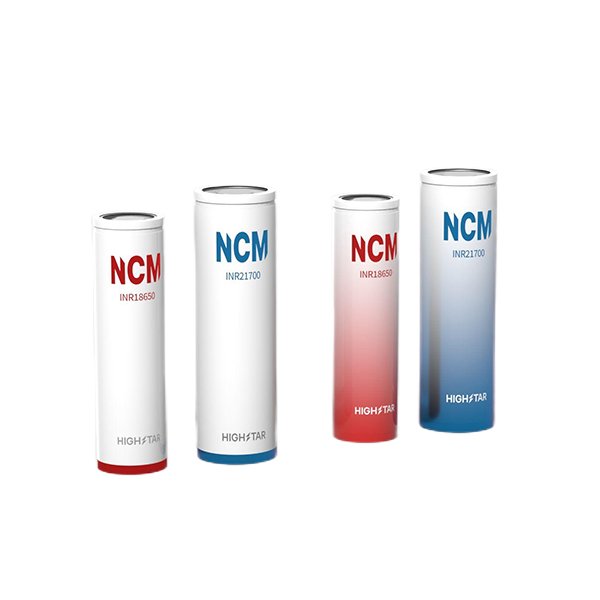Unraveling the Mystery: Why Do All Moisturizers Irritate My Skin?
Moisturizers are often heralded as the cornerstone of any effective skincare routine. They promise hydration, protection, and a radiant complexion. However, for many individuals, the experience of applying moisturizer can lead to irritation, redness, and discomfort. If you find yourself asking, “Why do all moisturizers irritate my skin?” you are not alone. This article delves into the multifaceted reasons behind this common issue, exploring ingredients, skin types, and environmental factors that contribute to moisturizer-related irritation.
Understanding Skin Sensitivity
Before we dive into the specifics of moisturizers, it’s essential to understand skin sensitivity. Sensitive skin can manifest as redness, burning, itching, or dryness, and it can be triggered by various factors, including genetics, environmental conditions, and underlying skin conditions such as eczema or rosacea. Individuals with sensitive skin often react adversely to certain ingredients commonly found in moisturizers, leading to irritation.
Common Irritating Ingredients
- Fragrances and Dyes: Many moisturizers contain synthetic fragrances and colorants that can provoke allergic reactions or sensitivities. Even products labeled as “fragrance-free” may contain masking fragrances that can irritate sensitive skin.
- Alcohols: Certain types of alcohol, such as ethanol or isopropyl alcohol, are often used as preservatives or to enhance product absorption. However, these can strip the skin of its natural oils, leading to dryness and irritation.
- Preservatives: While preservatives are crucial for preventing microbial growth, some, like parabens and formaldehyde-releasing agents, can cause allergic reactions in sensitive individuals.
- Excessive Emollients: Ingredients like mineral oil or petrolatum can create a barrier on the skin. While this is beneficial for some, it can lead to clogged pores and irritation for others, particularly those with acne-prone skin.
- Acids and Exfoliants: Alpha hydroxy acids (AHAs) and beta hydroxy acids (BHAs) are popular for their exfoliating properties. However, they can be too harsh for sensitive skin, leading to irritation and redness.
Skin Type Considerations
Understanding your skin type is crucial when selecting a moisturizer. Here are some common skin types and their specific needs:
- Dry Skin: Often requires richer, more emollient formulations. However, individuals with dry skin should avoid heavy fragrances and alcohols that can exacerbate irritation.
- Oily Skin: Lightweight, non-comedogenic moisturizers are ideal. Look for gel-based products that hydrate without clogging pores.
- Combination Skin: A balanced approach is necessary. Consider using different products for different areas of the face, ensuring that you avoid heavy formulations that can irritate sensitive areas.
- Sensitive Skin: Opt for products labeled as hypoallergenic or formulated specifically for sensitive skin. Ingredients like aloe vera, chamomile, and calendula can provide soothing benefits.
Environmental Factors
Environmental factors can also play a significant role in skin irritation. Changes in weather, humidity levels, and exposure to pollutants can affect the skin's barrier function. For instance, during colder months, the skin may become drier and more susceptible to irritation from moisturizers that are too heavy or occlusive. Conversely, in humid conditions, lighter formulations may be more appropriate to prevent clogged pores.
Tips for Choosing the Right Moisturizer
- Patch Test: Always perform a patch test before applying a new moisturizer to your entire face. Apply a small amount to a discreet area and wait 24 hours to check for any adverse reactions.
- Read Labels Carefully: Familiarize yourself with common irritants and avoid products that contain them. Look for formulations that are free from fragrances, alcohols, and harsh preservatives.
- Consult a Dermatologist: If you continue to experience irritation despite trying various products, consider consulting a dermatologist. They can help identify underlying skin conditions and recommend suitable products tailored to your needs.
- Consider Custom Formulations: Some brands offer customizable skincare solutions that allow you to select ingredients based on your specific skin concerns, minimizing the risk of irritation.
Conclusion
The journey to finding the right moisturizer can be fraught with challenges, especially for those with sensitive skin. By understanding the potential irritants in moisturizers, recognizing your skin type, and considering environmental factors, you can make informed choices that promote skin health rather than compromise it. Remember, skincare is not one-size-fits-all; it requires patience, experimentation, and sometimes professional guidance. With the right approach, you can find a moisturizer that hydrates your skin without causing irritation, allowing you to enjoy the benefits of a well-nourished complexion.




